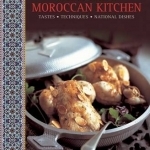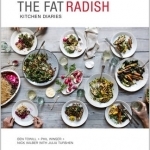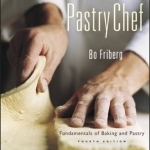
Guderian: Panzer General
Book
Born in Kulm, Germany, on 17 June 1888, Heinz Wilhelm Guderian was the son of an army officer. He...

Recipes from a Moroccan Kitchen: A Wonderful Collection 75 Recipes Evoking the Glorious Tastes and Textures of the Traditional Food of Morocco
Book
This title helps you discover the secrets of a culinary tradition characterized by subtle scents,...

Salad Love: How to Create a Lunchtime Salad, Every Weekday, in 20 Minutes or Less
Book
How many of us have sat at our desk at work, counting down the minutes until it's time for lunch and...

The After School Cookbook: 120 Quick, Easy, Affordable Recipes for Your Hungry Kids from My Daddy Cooks
Book
Quick, easy, and affordable recipes for your hungry kids from the creator of video blog...

The Cheesecake Bible
Book
The definitive book on luscious, decadent cheesecake by a master chef and baker. Almost everyone...

The Fat Radish Kitchen Diaries: Putting Vegetables at the Center of the Plate
Book
A vegetable-focused cookbook from the stylish and delicious New York restaurant. When the Fat Radish...

The Professional Pastry Chef: Fundamentals of Baking and Pastry
Book
This is the reference of choice for thousands of pastry chefs and home cooks. A favorite of pastry...

Nature's Portraits: A Coloring Book of Scales, Tails, Furs, and Wings
Book
When it comes to color, nothing can surpass the vast palette found in nature, from a bright green...

That's Why I Married You: How to Dance with Personality Differences
Book
"That's Why I Married You" is a practical handbook for couples to not only learn to live with their...
The Four Sacred Gifts: Indigenous Wisdom for Modern Times
Book
Heal your past, discover your true purpose, and become a powerful source of inspiration and...
